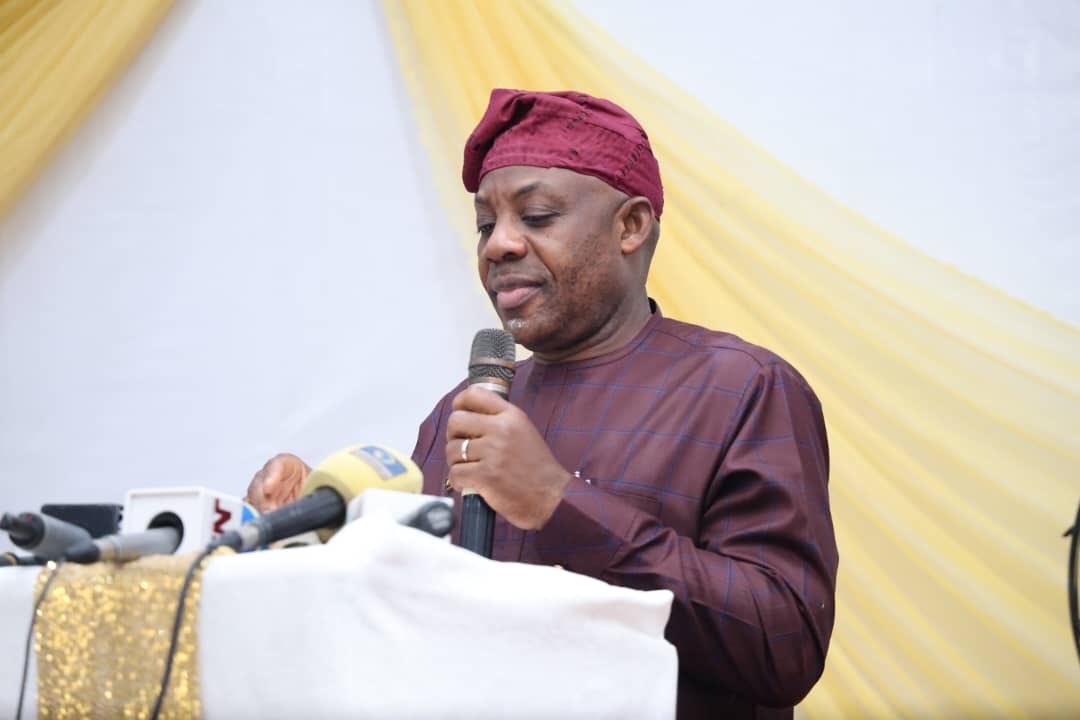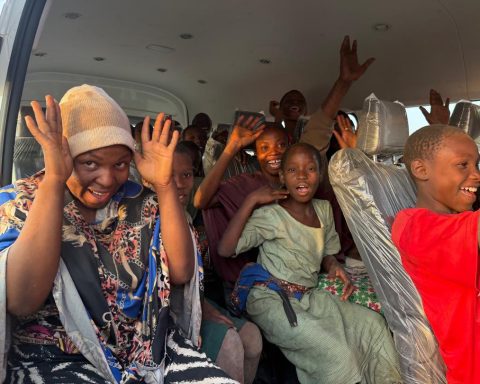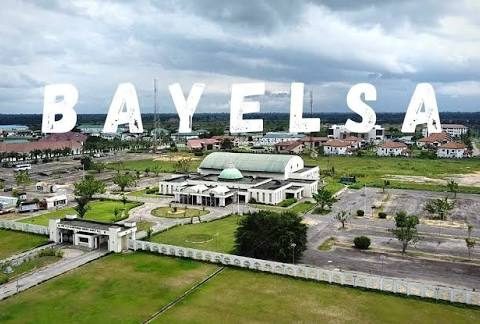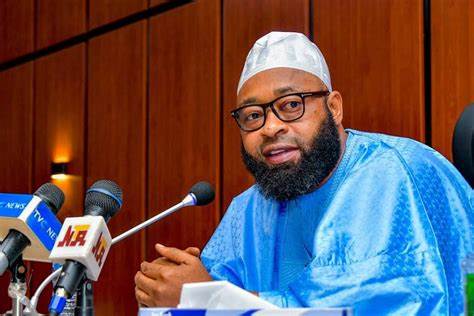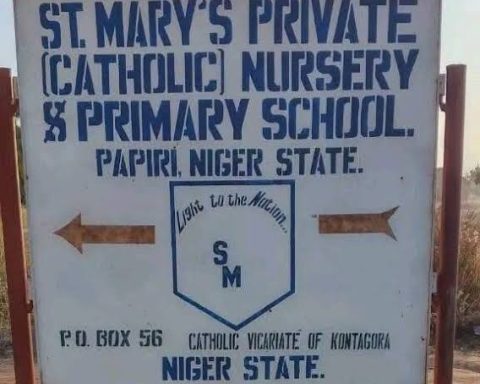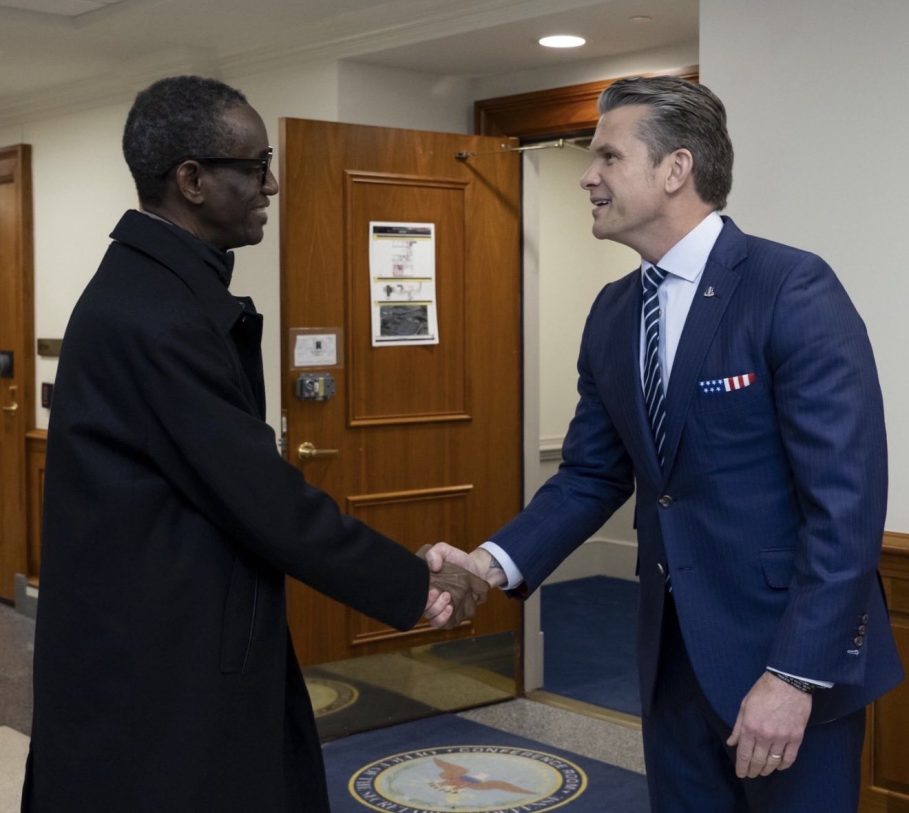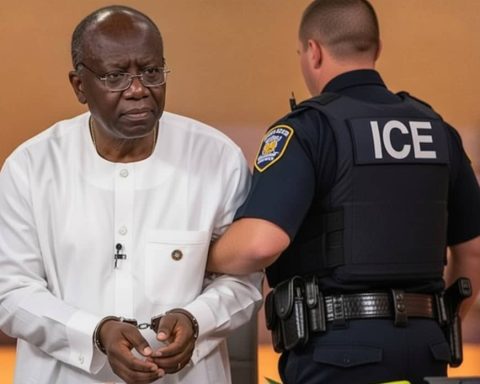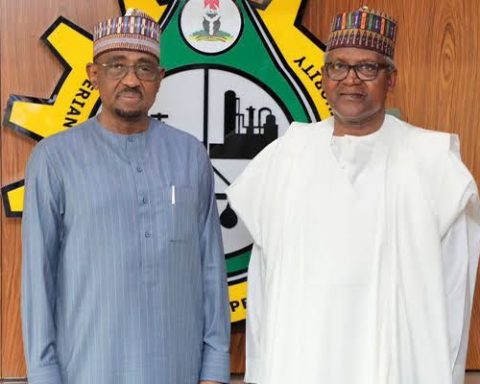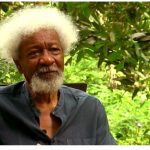Amid a renewed surge of school attacks across northern Nigeria, the Federal Government has ordered the immediate closure of 41 Federal Unity Colleges, citing heightened security threats and the urgent need to safeguard students.
The shutdown directive, issued in a circular dated November 21, 2025, followed approval from the Minister of Education, Dr. Tunji Alausa. The circular, signed by the Director of Senior Secondary Education, Hajia Binta Abdulkadir, instructed principals of the affected schools to enforce the closure without delay.
“Sequel to the recent security challenges in some parts of the country and the need to prevent any security breaches, the Honourable Minister of Education has approved the immediate closure of the listed Federal Unity Colleges. Principals of affected Colleges are to ensure strict compliance,” the circular read in part.
Join our WhatsApp ChannelThe 41 shut schools are spread across the North-West, North-East, North-Central, and parts of the South, reflecting the expanding geography of insecurity in the country.
READ ALSO : Full List of Abducted Kebbi Schoolgirls PBA Confirms, as Authorities Step Up Rescue Operations
Kebbi School Attack: 25 Girls Abducted, VP Killed as Obi, FG Demand Swift Rescue
List of Federal Unity Colleges Ordered Closed
1. FGGC Minjibir
2. FTC Ganduje
3. FGGC Zaria
4. FTC Kafanchan
5. FGGC Bakori
6. FTC Dayi
7. FGC Daura
8. FGGC Tambuwal
9. FSC Sokoto
10. FTC Wurno
11. FGC Gusau
12. FGC Anka
13. FGGC Gwandu
14. FGC Birnin Yauri
15. FTC Zuru
16. FGGC Kazaure
17. FGC Kiyawa
18. FTC Hadejia
19. FGGC Bida
20. FGC New-Bussa
21. FTC Kuta-Shiroro
22. FGA Suleja
23. FGC Ilorin
24. FGGC Omuaran
25. FTC Gwanara
26. FGC Ugwolawo
27. FGGC Kabba
28. FTC Ogugu
29. FGGC Bwari
30. FGC Rubochi
31. FGGC Abaji
32. FGGC Potiskum
33. FGC Buni Yadi
34. FTC Gashua
35. FTC Michika
36. FGC Ganye
37. FGC Azare
38. FTC Misau
39. FGGC Bajoga
40. FGC Billiri
41. FTC Zambuk
Fresh Attacks Trigger Nationwide Alarm
The sweeping closure follows two major school abductions recorded within days.
On Friday, armed men stormed St. Mary’s Primary and Secondary School in Papiri, Niger State, abducting an unknown number of pupils. Witnesses reported that the attackers arrived on over 60 motorcycles, shooting the school’s gatekeeper, who sustained severe injuries.
Earlier in the week, 25 schoolgirls were abducted in Maga town, Kebbi State, marking one of the most brazen attacks on a learning institution in recent months.
As tension rose, rumours circulated on social media about an alleged abduction at St. Peter’s Academy in Rukubi, Nasarawa State. The police promptly debunked the claim, describing it as “false and misleading.”
Presidency Reacts
In response to the rising wave of kidnappings, President Bola Tinubu directed the Minister of State for Defence, Bello Matawalle, to relocate immediately to Kebbi State to coordinate rescue operations.
The President also suspended his scheduled foreign trips to Johannesburg and Angola, signalling the seriousness with which the administration is treating the escalating crisis.
A Crisis Years in the Making
Nigeria has suffered repeated mass abductions from schools since the 2014 Chibok attack, with dozens of incidents recorded in northern states. Despite investments in security and community-based vigilance, armed groups continue to target boarding schools, viewing students as highly valuable kidnap victims.
International organisations including UNICEF have consistently condemned the attacks and urged the government to prioritise the safety of learners and teachers across the country.
With the latest shutdown of 41 Unity Colleges, the Federal Government has taken one of its most drastic steps yet to prevent further tragedies. However, the closures raise concerns over academic disruption and the long-term impact on Nigeria’s already strained education system. Reopening dates have not been announced.
Amanze Chinonye is a Staff Correspondent at Prime Business Africa, a rising star in the literary world, weaving captivating stories that transport readers to the vibrant landscapes of Nigeria and the rest of Africa. With a unique voice that blends with the newspaper's tradition and style, Chinonye's writing is a masterful exploration of the human condition, delving into themes of identity, culture, and social justice. Through her words, Chinonye paints vivid portraits of everyday African life, from the bustling markets of Nigeria's Lagos to the quiet villages of South Africa's countryside . With a keen eye for detail and a deep understanding of the complexities of Nigerian society, Chinonye's writing is both a testament to the country's rich cultural heritage and a powerful call to action for a brighter future. As a writer, Chinonye is a true storyteller, using her dexterity to educate, inspire, and uplift readers around the world.


